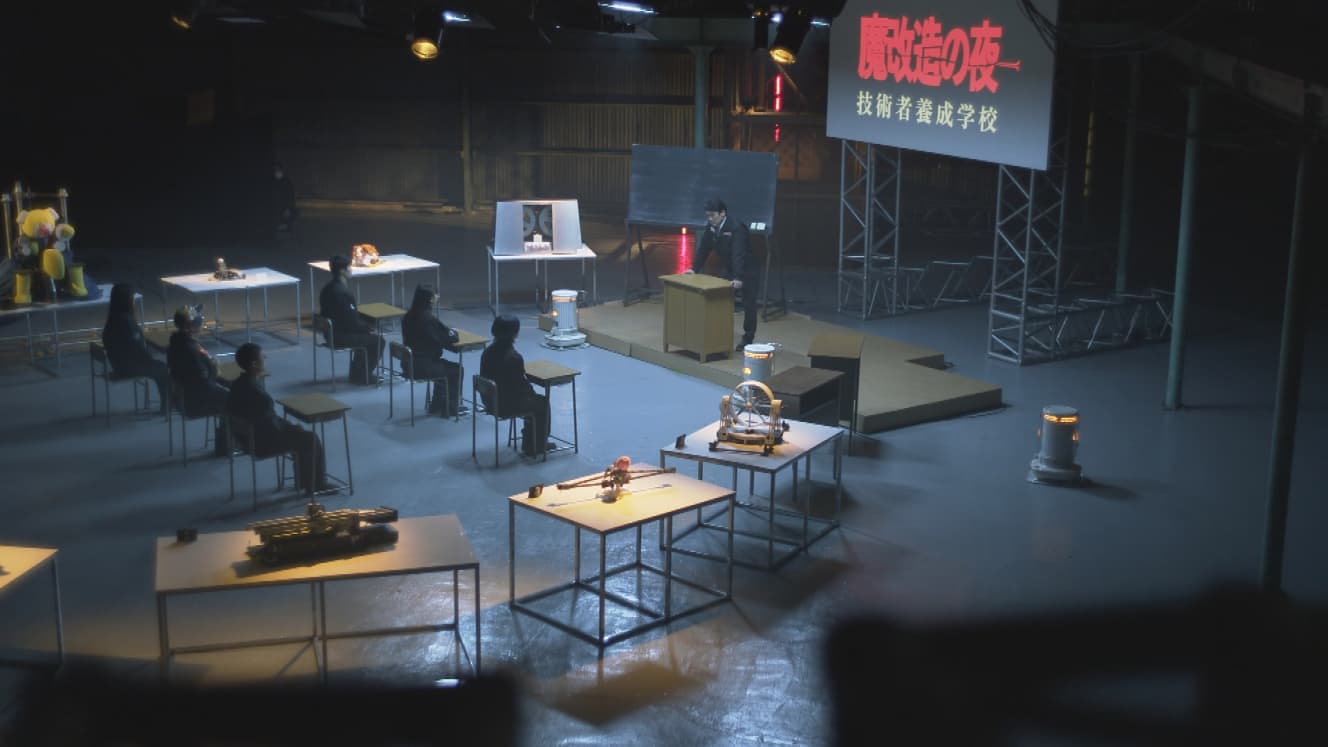The Amazing Background of Japan’s Top-notch Engineers’ Enthusiasm for “The Night of Magic Modification”.
Top-notch engineers compete with “extreme” ideas and techniques.
NHK BS Premium’s “The Night of Magic Modification” (NHK BS Premium) features top-notch engineers modifying home appliances and toys into “monster machines.
It is said to be a “technological development entertainment program in which top-notch engineers compete with each other with their extreme ideas and techniques,” but when you actually watch the program, you will see that they transform a cute dog toy into a horrifying monster and make it run, remodel a toaster to make toast fly high, and play bowling with a DVD flying at high speed. I’m just amazed at the …… totally unintelligible and crazy amount of heat.


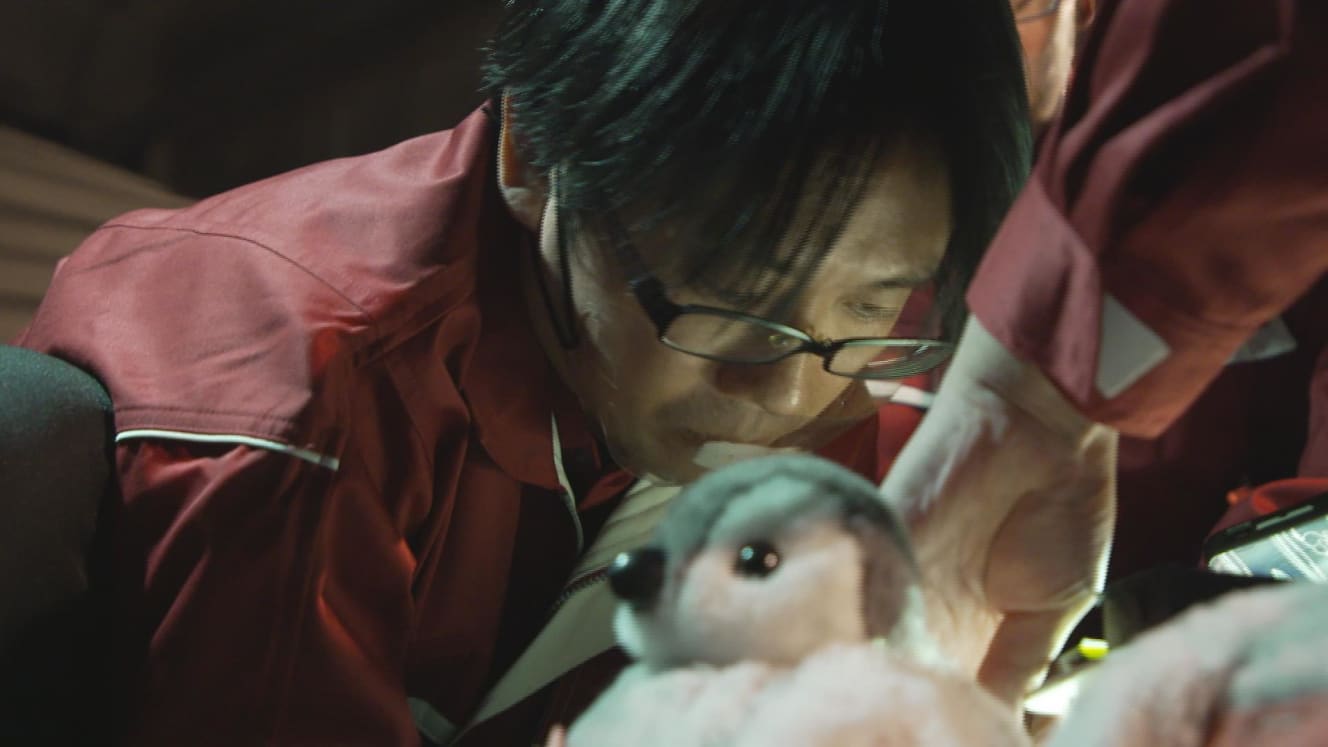
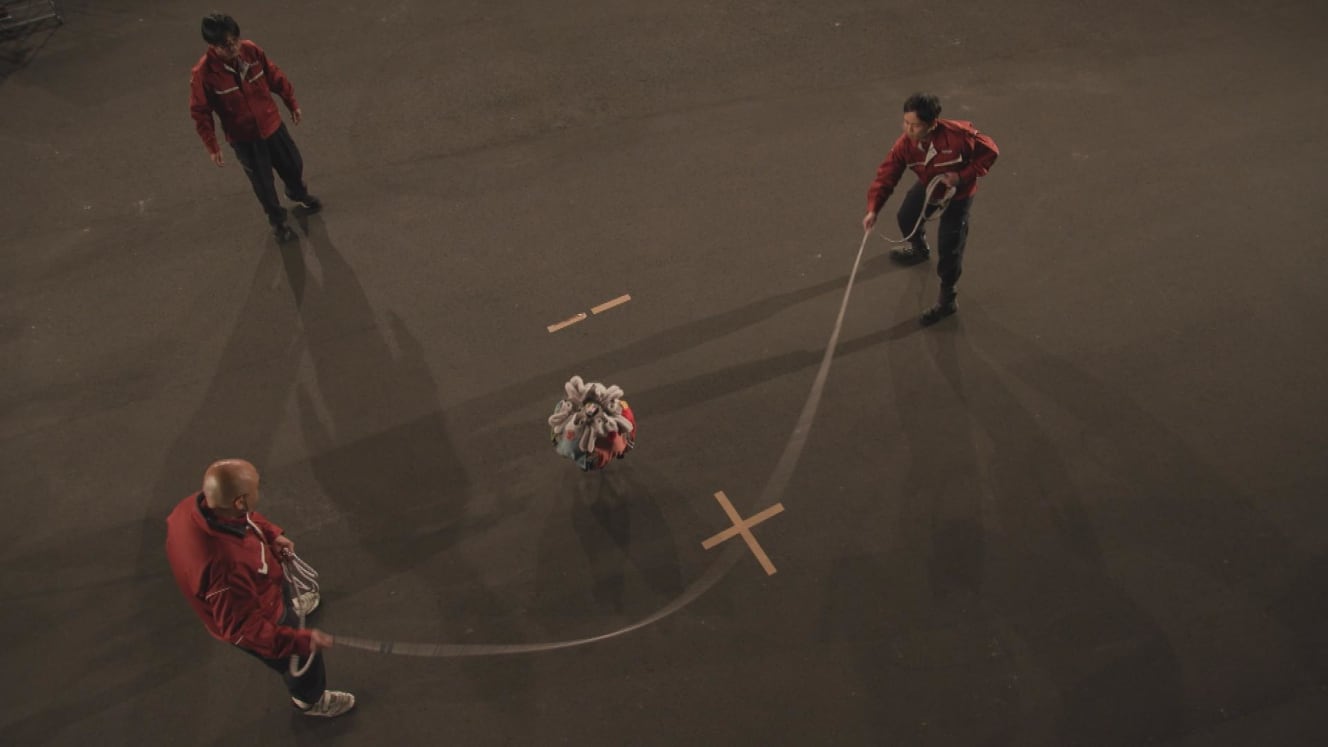
For whom and for what purpose is this mysterious evening party, which has been broadcast irregularly since June 2020 up to the fourth installment? We asked the “Majo Kankaku Club,” which presides over the event, about it.
The “Night of Magic Modification” was started with the aim of expanding the circle of enthusiasts by bringing together people who are passionate about magic modification with top-notch engineers to make new discoveries and discoveries.
The starting point was the idea that some people who love making things might have an “evil heart”.
We thought that if we could get top-notch Japanese engineers, who have the ability to think outside the box and solid technical skills, to do magical modifications, we would be able to go to an interesting world that we have never seen before. In fact, everyone has exceeded our expectations by far (laughs).
Honorary advisor Sputniko! The list of advisors, including Sari Ito, Hikaru Ijuin, Keisuke Nagato, associate professor at the University of Tokyo’s Faculty of Engineering, and Takeshi Yano, a well-known live commentator on fighting and rugby, are all full of “wicked” playfulness.
What is even more astonishing is the fact that talented and extremely busy engineers and researchers from major manufacturers, downtown factories, and engineering departments of top universities participated with initial names such as “D-n-So,” “R-Co,” and “T-Dai,” and devoted themselves to the ridiculous modifications over a period of one and a half months. How did you communicate this concept and get their approval?
At first, there was some confusion because we couldn’t see what kind of program it was going to be (laughs). (Laughs.) However, for example, I had heard that Company T, which appeared in the first program, had a kind of manufacturing enthusiast group within the company that participated in various contests, so I approached them and they said, “We would love to try it.
Similarly, Denso, the fourth contestant, was also a case where there was a kind of in-house manufacturing club, and R-Co actively recruited the company as a whole, or was introduced to us by an engineer.
Incidentally, the students of the extremely difficult U. T. University Faculty of Engineering, which appeared in the first episode, are students of Associate Professor Nagato, who is also an advisor to the Magic Remodeling Club and supervisor of this program.
Professor Nagato said, “I believe that the reason why Japan is not able to create something like the iPhone, even though its manufacturing capability is supposed to be very high, is because it lacks the ability to think about things in an interesting way. He also said that he thinks it would be good if we could create a society where everyone would be more interested in becoming an engineer. This is the heart and soul of the magic modification.”


A series of “magical modifications” that defy expectations
Then, an extraordinary “monster” is born in the first round that strongly impresses the program. For the theme of “Doggy 25m Run,” the famous car manufacturer T combined four dog toys to create a chimerical monster from hell with four faces. The devil had completely descended when the horrifying four-faced beast appeared on the scene, glowing and running with its adorable voice intact. Or rather, the people who create such monsters are demonic. ……
After that, the demonic modifications that defied expectations were to appear one after another, but how do you decide on the theme?
Each time, the writers and directors come up with ideas, and Mr. Nagato checks to see if they are technically feasible and if, “If we have a professional engineer create something with this theme, the results will all be in the same direction.
For example, I thought that the first toaster high jump would have the same mechanism because of the simple content of throwing toast high, but there were examples of toast flying between rollers in some directions, and others, such as T Dai, that tried to fly by centrifugal force but failed and ended up slamming into the ground. It has gone beyond imagination (laughs).
Besides, I find it interesting every time that everyone uses the technology they normally work with as a basis for their own ideas, as was the case with the DVD Bowling, which was naturally conceived using a copy machine when it was made by office product manufacturer R-Co.
In fact, it seems that the “one and a half month production period” and “50,000 yen budget” are one of the key points that make the program so exciting.
The small budget of 50,000 yen allows for a lot of creativity and ingenuity.
Besides, everyone is a first-rate engineer, so if the production period is long, they usually end up in the same direction after repeated trial and error.
However, in a month and a half, they cannot come up with enough ideas, and they cannot fully test all the ideas they come up with, so they give up somewhere along the line and try to win the competition. It is interesting to see how such subtle differences can result in completely different products.
Because there are no prototypes or instructions from the program side, there are times when he is on edge, wondering if the show will end without success.
The practice sessions are always different from the actual performance because the angle of the ground is slightly different, the air flow is slightly different, the room temperature is different, and the holes in the rubber to launch the ball are slightly different, etc.” He continues, “If you watch the practice sessions, it looks like it could be done, but it doesn’t work out between the practice session and the actual performance.
DVD Bowling times, for example, I felt like I was hungry because all three teams had failed the first time.
But the director, because he had been closely following the team for a month and a half, said, ‘Since people with top-notch skills are putting in that much serious effort, they can definitely manage.
So, at the end of the day, an inspiring success was born. I, for example, almost gave up halfway through and thought, ‘I’m sorry’ (laughs).”
By the way, I wonder if working hard for a month and a half on the magical transformation will not put pressure on his main job.
Everyone works on it in between their day jobs, after their day jobs are finished, or during their vacations.
Some people, especially at small factories with not many workers, take it seriously and enjoy it while taking on the responsibility of those who support the work site.
Denso Corporation, for example, says, “There is a limit to what can be done with a sense of duty as work,” and “Interesting ideas can only be born through play,” and it is true that people with such a mindset gather together.
Besides, there are companies that want to awaken their internal staff through magical transformation, and want to make it an opportunity to have a positive mindset.”
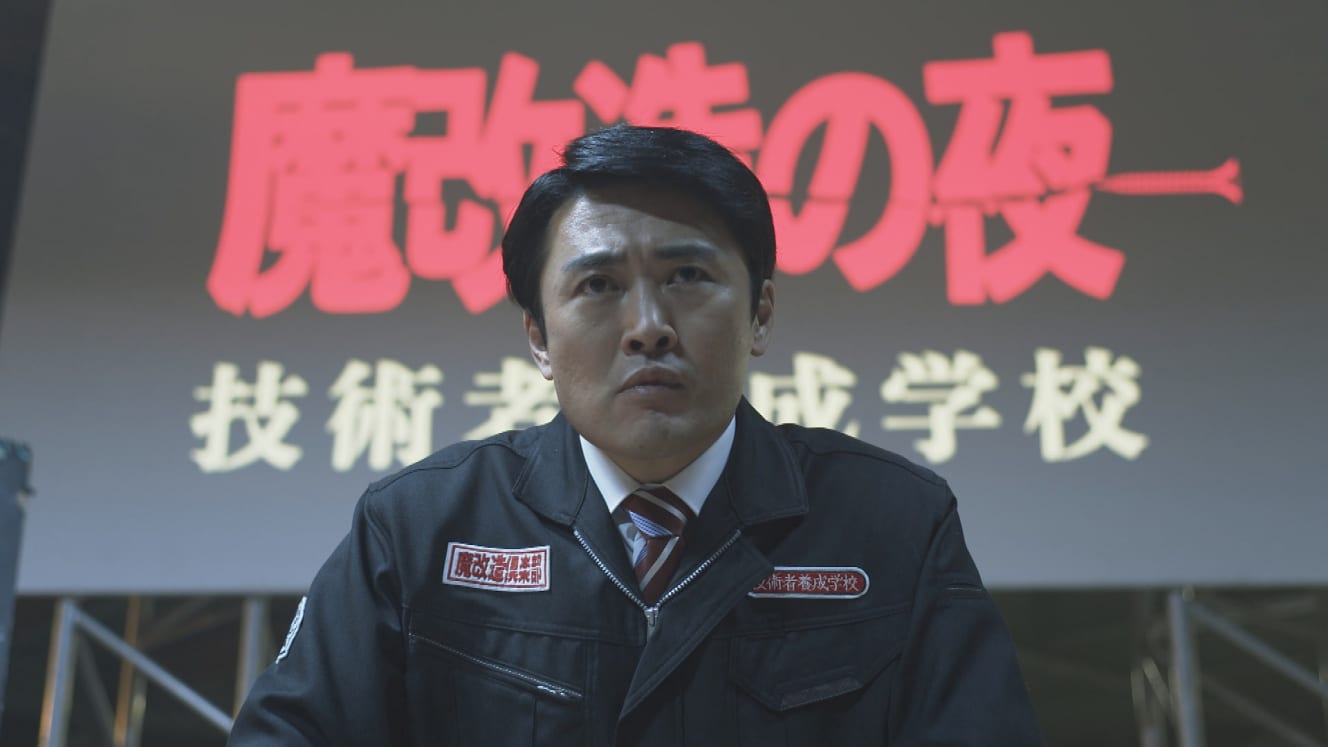
The way she sometimes shed tears…
Personally, what I find most poignant is the scene where the engineers stare with interest at the monster machines created by other companies, marveling, asking questions, and being inspired.
It is beautiful to see them get really excited about the successes of their rivals, and to see the engineers who fail to succeed in their work seriously regretting their mistakes, sometimes shedding tears, is like watching a high school cultural festival, a scene that is the very essence of “youth”. The expressions and mumblings are not conscious of the camera, and are very natural, which is also good.
I was very moved by that. Unlike the usual competitive society, I think that respect comes naturally between people who have made a serious effort.
There are exchanges of opinions such as, “How did you make this?” or “Ours does this in a hundred different ways,” or “I see.
Our excellent directors follow up with a system that ensures that nothing is left out of the film. And since we are in close contact with them for a month and a half, it is natural for the staff to be nearby, and I think they are able to suppress these natural murmurs without being aware of it.
He further describes his future “ambitions” as follows.
What everyone in the Magic Remodeling Club team is saying is that we want to hold a world championship. It would be great if we could have universities and companies from India, the U.S., and Europe come out and compete in a world tournament like a three-horse race. I also think it would be interesting to have an allied force that transcends company boundaries fight each other.
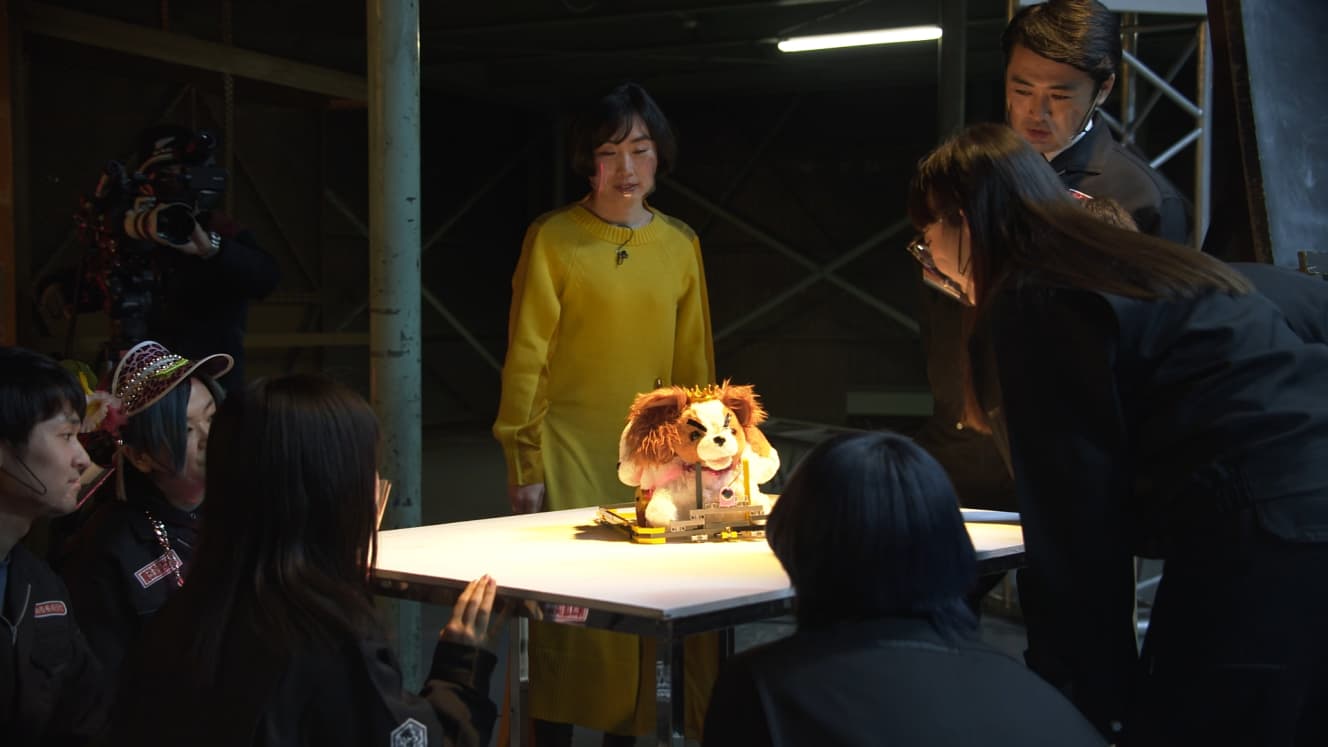
Interview and text: Wakako Tago
Born in 1973. After working for a publishing company and an advertising production company, became a freelance writer. She interviews actors for weekly and monthly magazines and writes drama columns for various media. His main publications include "All Important Things Are Taught by Morning Drama" (Ota Publishing), "KinKiKids: Owarinaki Michi" and "Hey!Say!JUMP: When 9 Tobira Open" (both from Earls Publishing).
